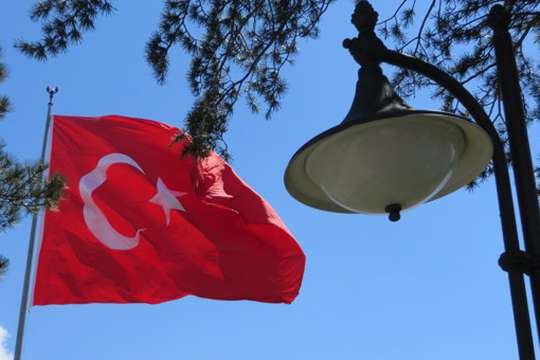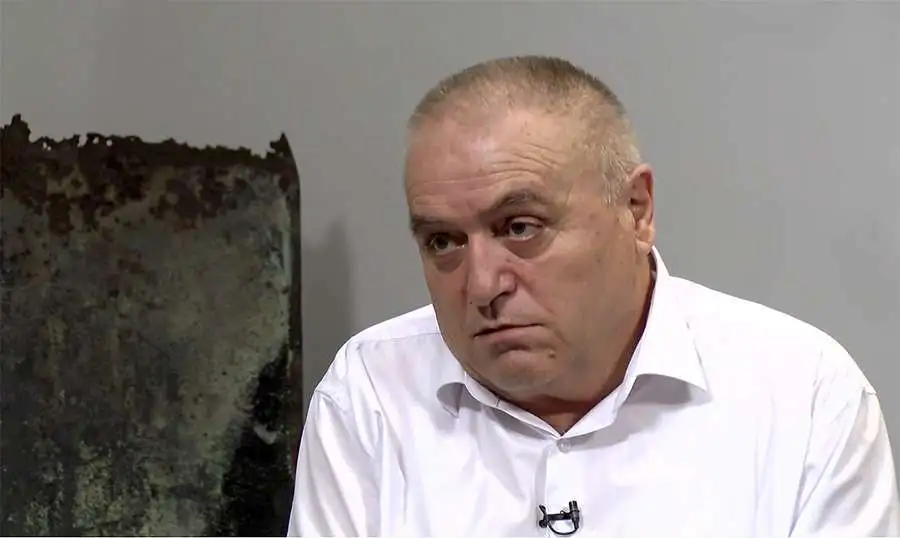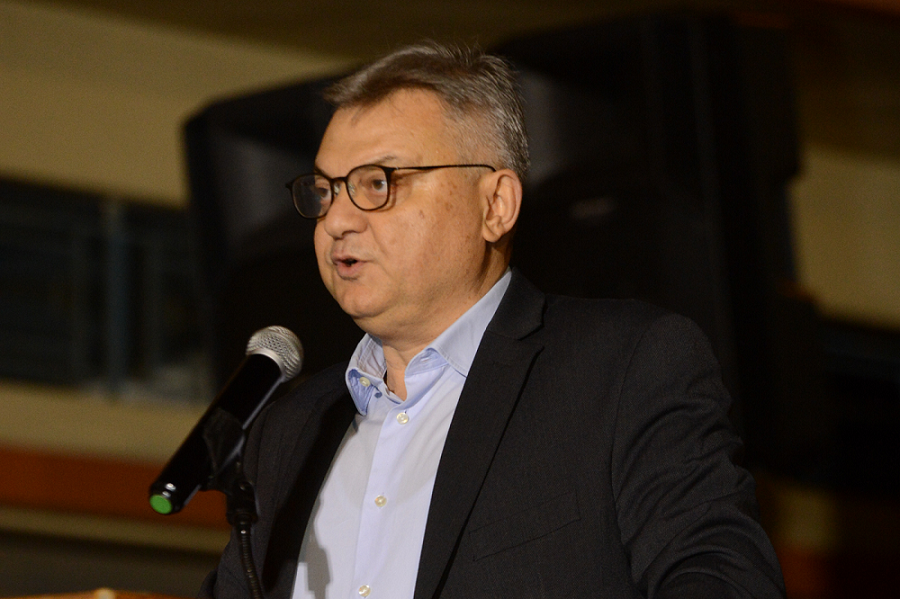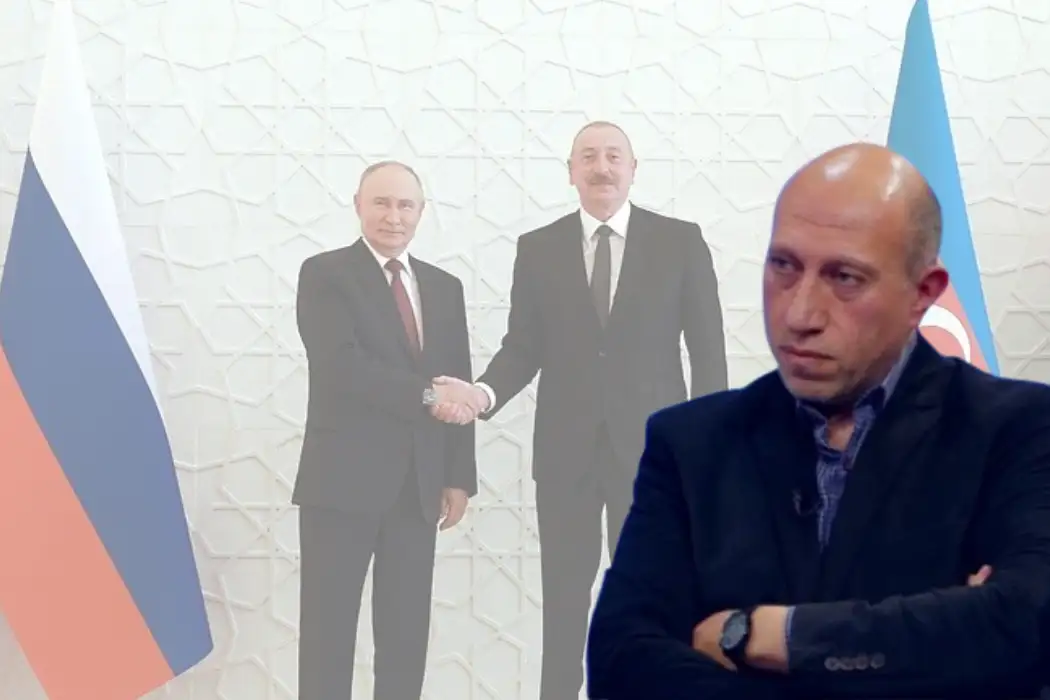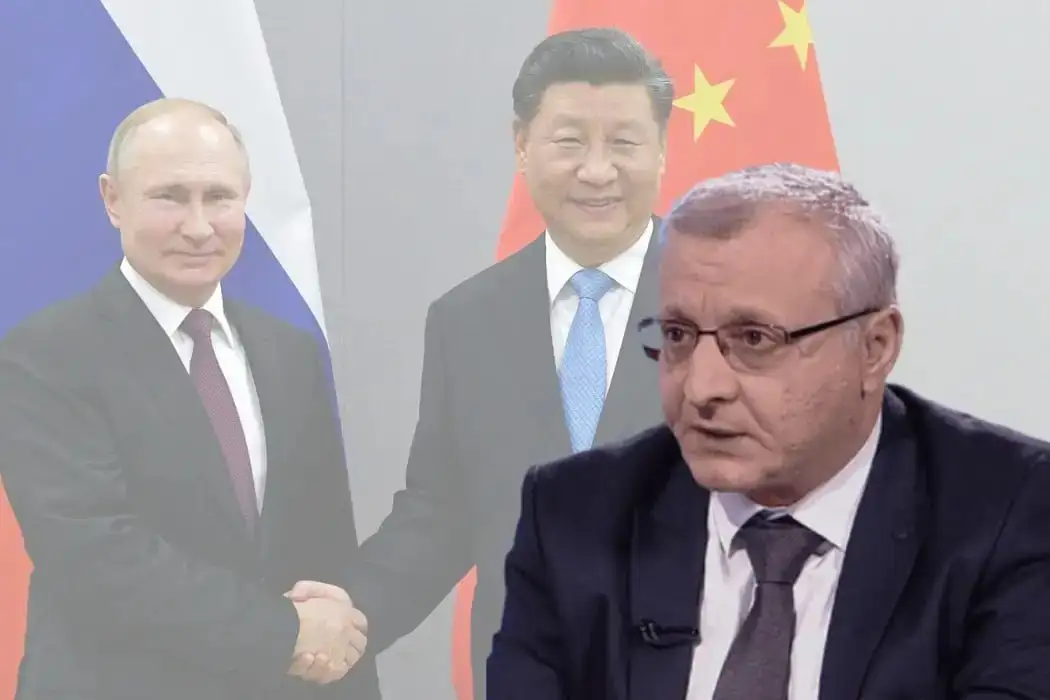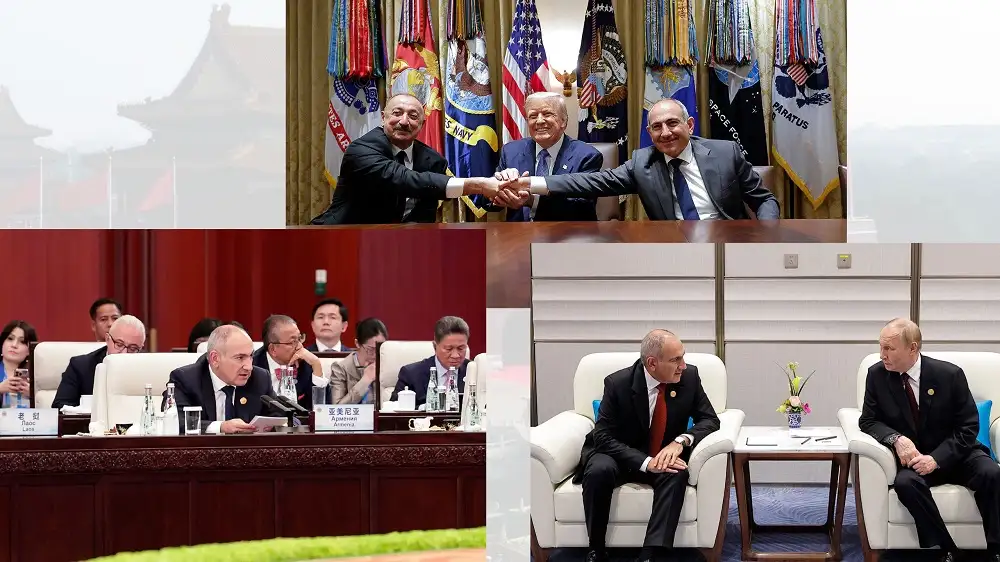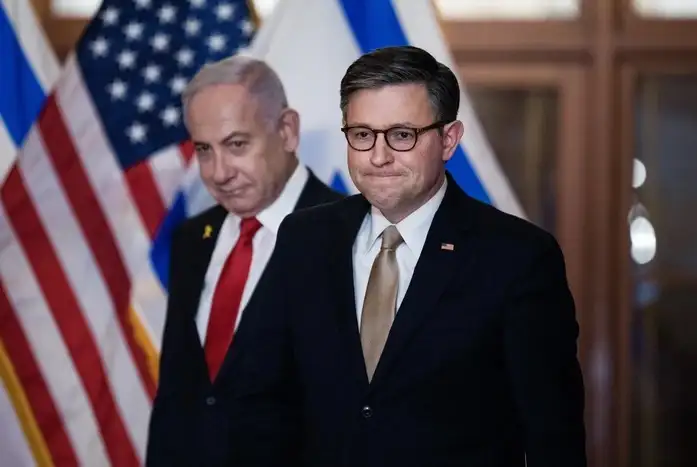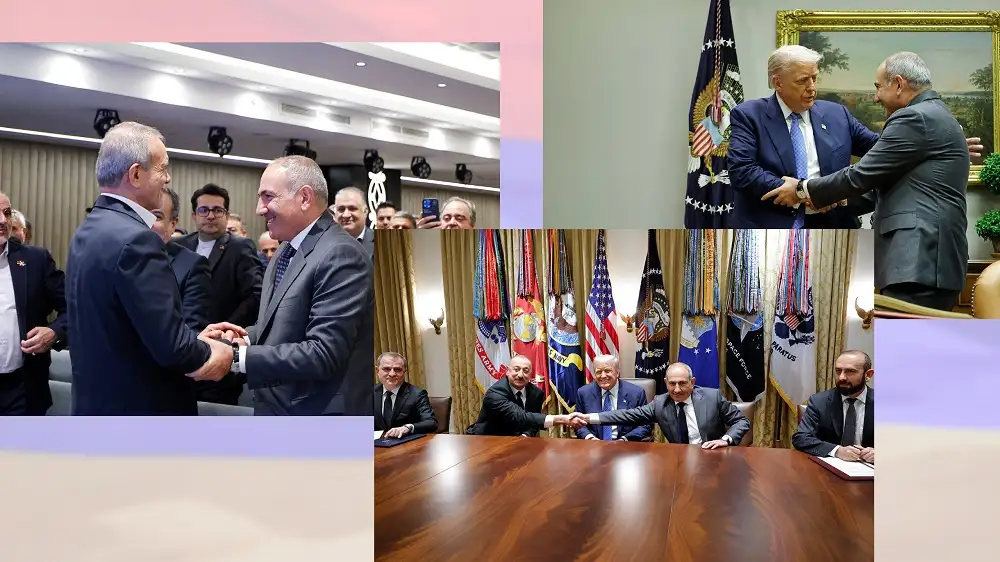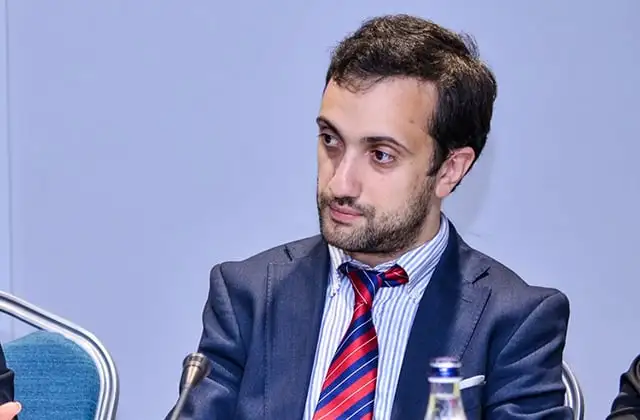Political analyst Hakob Badalyan wrote on his Facebook page.
"Whether we like it or not, the question of peace and war in the Caucasus is being decided in Ankara today and for a very long time. There are several reasons for this, falling within geopolitical factors.
Armenia must be able to recognize that situation and, accordingly, work with Ankara. It is a very complex, post-2020 war that is significantly dishonorable, full of challenges and risks, but necessary work. Of course, that work should be able to be done, and whether official Yerevan can or not is a matter of discussion. Moreover, it is very typical that it is a subject of discussion. Yes, there should be a strong and strict opposition in Armenia regarding contact with Turkey, but it must be a political opposition. Political opposition only partially excludes sensual elements, especially when their presence has a heavy historical and present basis. Politics should be at the core because the problems of Armenian-Turkish communication and relations are an inevitable part of international relations independent of us. Therefore, we only need to be formulated here as a subject. And for that, the presence of political opposition is significant.
But, I repeat, the issue of war and peace has long been decided in Ankara. So, communication is necessary, okay?
The other is Georgia, and this is something that has happened before. And just a few days ago, Georgia and Turkey signed a memorandum of intentions to deepen strategic security cooperation.
Of course, realistically, there is no question of such a memorandum between Armenia and Turkey, but at least communication is a minimal way to manage risks.
Especially when there is the greatest of them, the Russian policy tradition of wooing Turkey at the expense of the security and interests of Armenia and Artsakh, making agreements with Turkey.
Of course, we must gradually show a political attitude rather than a sensual one. And creating a stable environment for direct dialogue with Turkey is a step in shaping Armenia's attitude toward Russian policy towards Turkey, which is also essential in the context of the broad transformation of the Armenia-Russia political relationship. That transformation is inevitable and has nothing to do with the change of power in Russia and any outcome of the war in Ukraine.
In Armenia, the struggle of approaches of different groups of the Russian government is expressed more than the US-Russia struggle. Many groups are not interested in the issue of the political transformation of Armenia-Russia relations and the prospect of changing the "status quo" in that regard. Although the old status quo is gone, the struggle is to restore it, and in that struggle, a key bet is placed on the emotional aspect of the Turkish factor.
This is a valid point, but it becomes problematic when it becomes the basis of policy rather than part of it."




